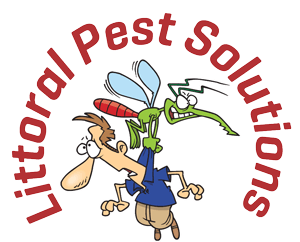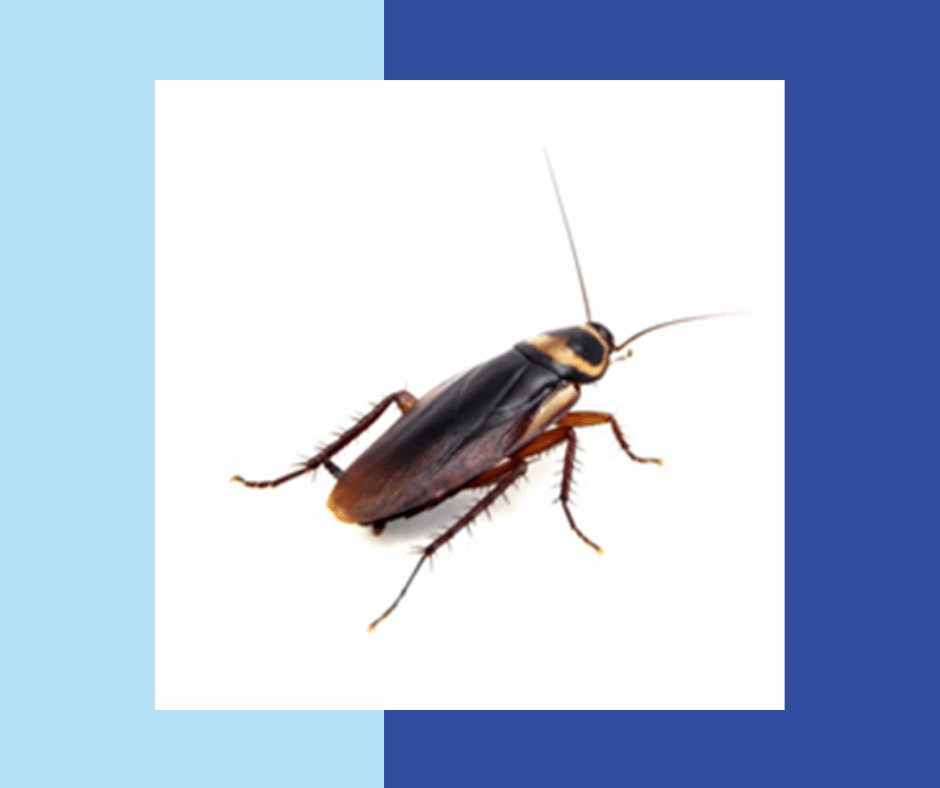Many of us squeal when we see a cockroach. The tiny things run toward us, and we dart the other way, hiding until we finally muster the courage to smack the thing from far away with a shoe or other tool. And then we have to pick it up... yuck. There's a reason people have such a strong, innate reaction to roaches. They're disgusting, they spread disease, and they smell terrible. And there's a reason people for the old adage that cockroaches could live past a nuclear war – they're very hard to get rid of.
Get A Free Estimate
The World Health Organization lists cockroaches as a nuisance of distinct public health importance. They secrete a discharge from their mouths and from glands that leave a terrible smell that lasts for hours or even days. They regurgitate partially digested food, dispersing the substance at intervals with feces wherever they go. They spread diseases
that cause symptoms from diarrhea, to dysentery, to death. They carry around the eggs of parasites that can cause allergic reactions like itching, dermatitis, and even respiratory conditions. And, they carry bacteria that can cause salmonella and other diseases if it gets on your food. Humans are allergic to their outer shell, saliva, and feces; and people with asthma are especially susceptible. The long and short of it is, we perceive them as gross because they are.
We here in the South thought we'd seen every type of nasty roach, right? Guess what? There's a brand new kind
that's just made its way into Georgia. It's originally from Turkey, meaning this bug traveled across the globe, made it here safely, and is now wreaking havoc in people's homes and businesses. The University of Georgia says that the new roach and it's more well-established brethren can sneak into even the tiniest space, and then flatten themselves against things, so they go unnoticed. At night, they sneak out to feast on whatever crumb might have escaped a plate. They even eat human feces, which they then spread around through their excretions.
The WHO says a single instance of treatment done yourself won't eradicate the pest. Cockroaches are difficult to control and require extensive and frequent treatment and maintenance. The Environmental Protection Agency says the bugs can get out of hand fast – females can lay eight batches of eggs during their lifetime, producing 40 cockroach babies each time. That's 320 bugs birthed by a single roach. They hide in dark, moist areas like kitchens, clothing hampers, drains, and sewers, leaving a disease-ridden trail everywhere they go.
Littoral Pest Solutions is a full-service pest control provider. We've served Georgia and South Carolina for 20 years, so we know the unique type of monstrous bugs you're dealing with. A small bug issue is a big problem, and we genuinely care about helping you fix it. We have experienced, certified specialists on call, and will help you out through your whole problem – start to finish, getting rid of the bugs, and keeping them away.

